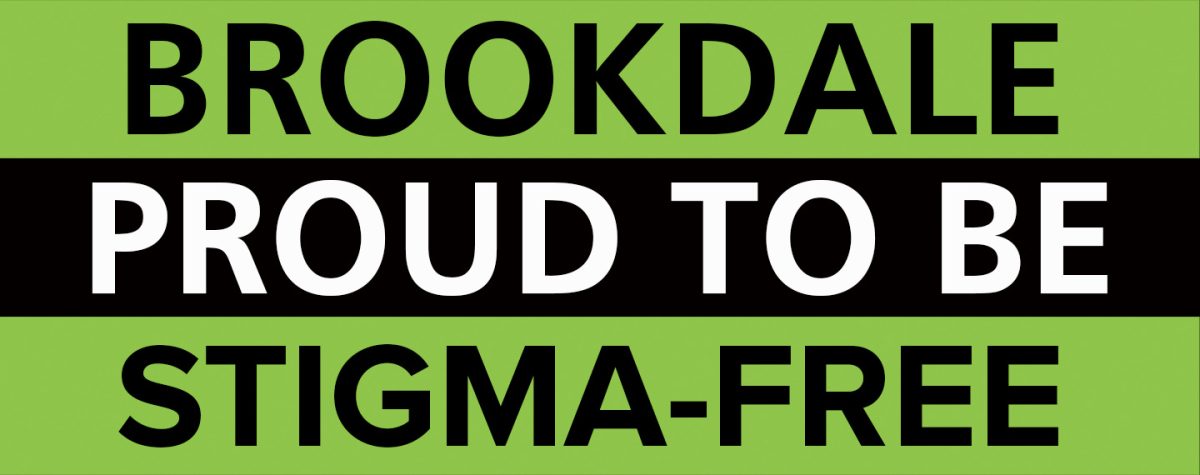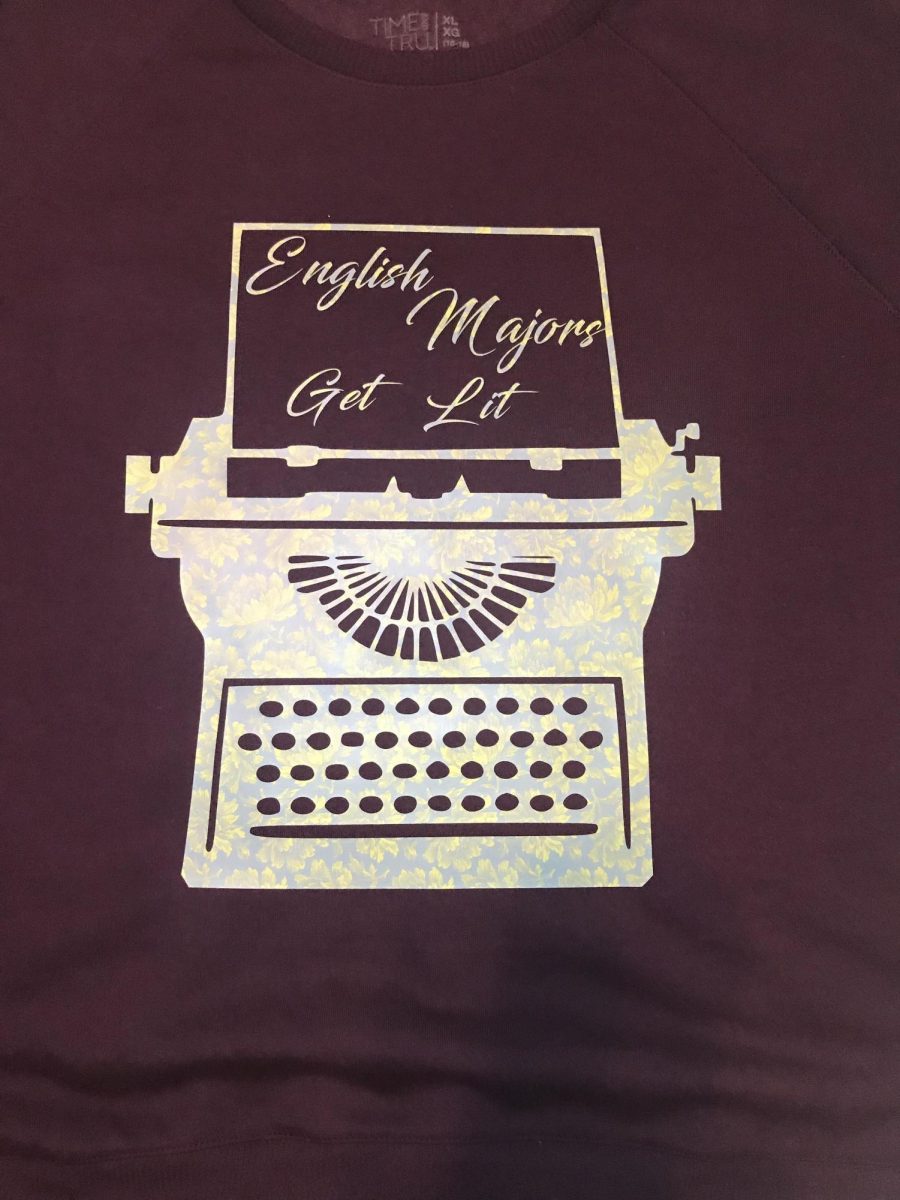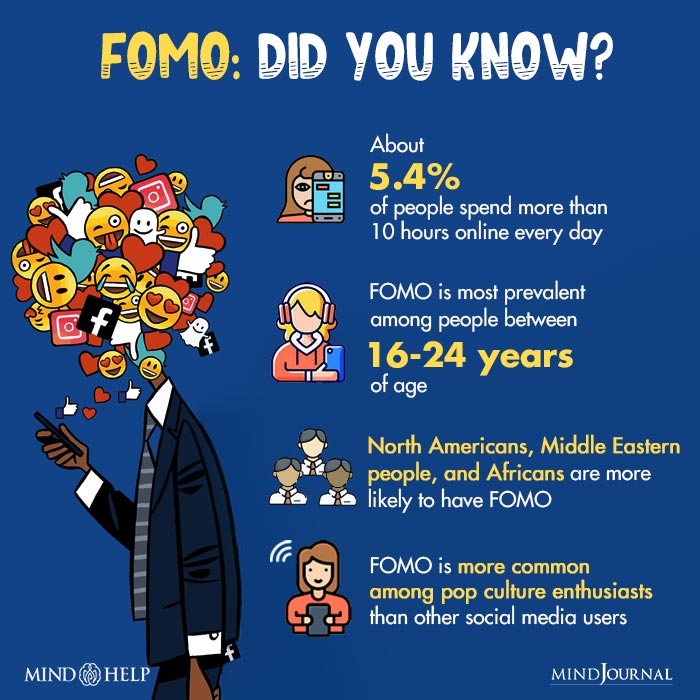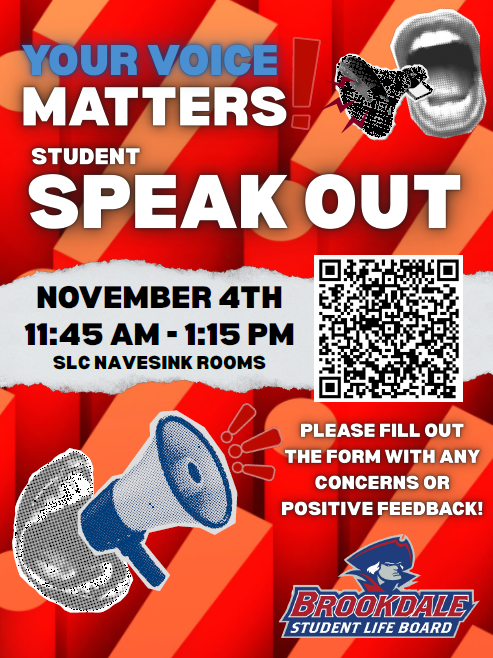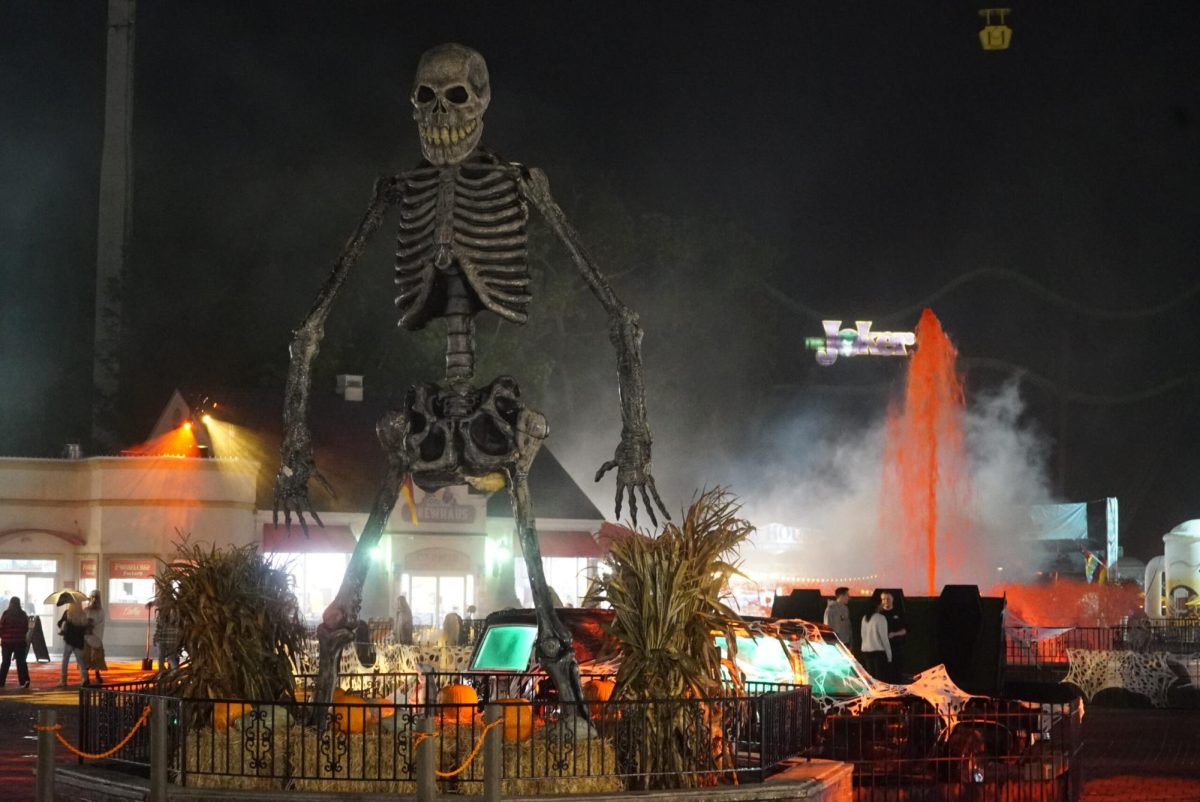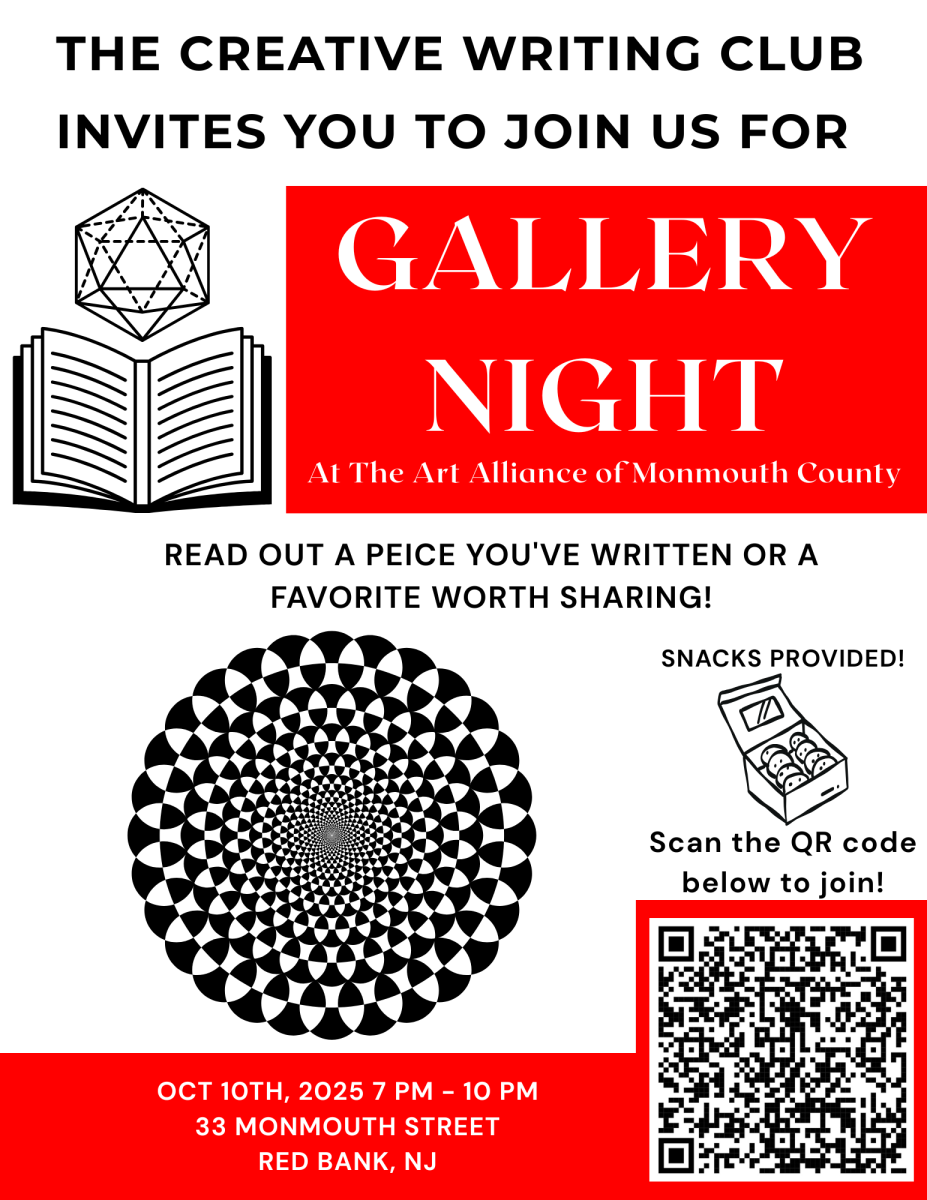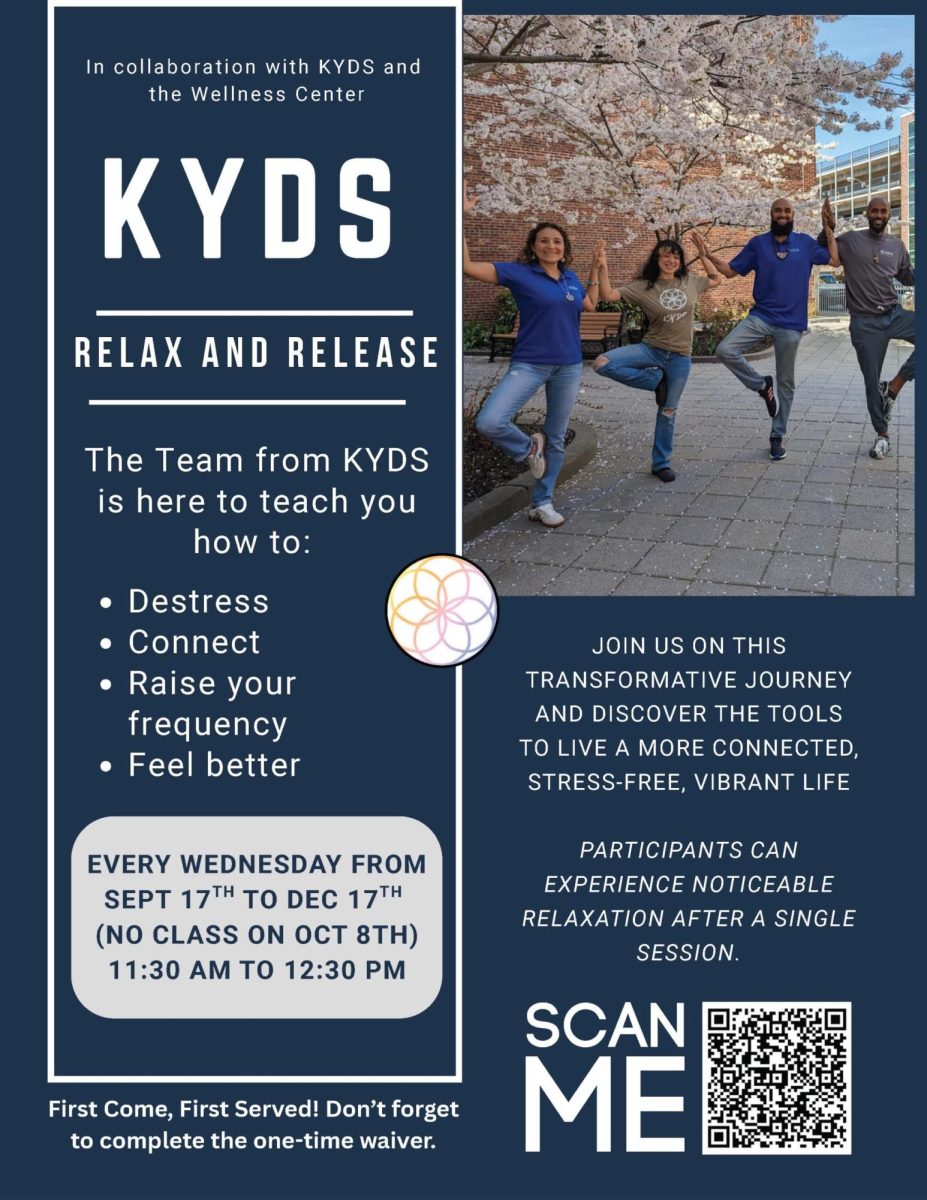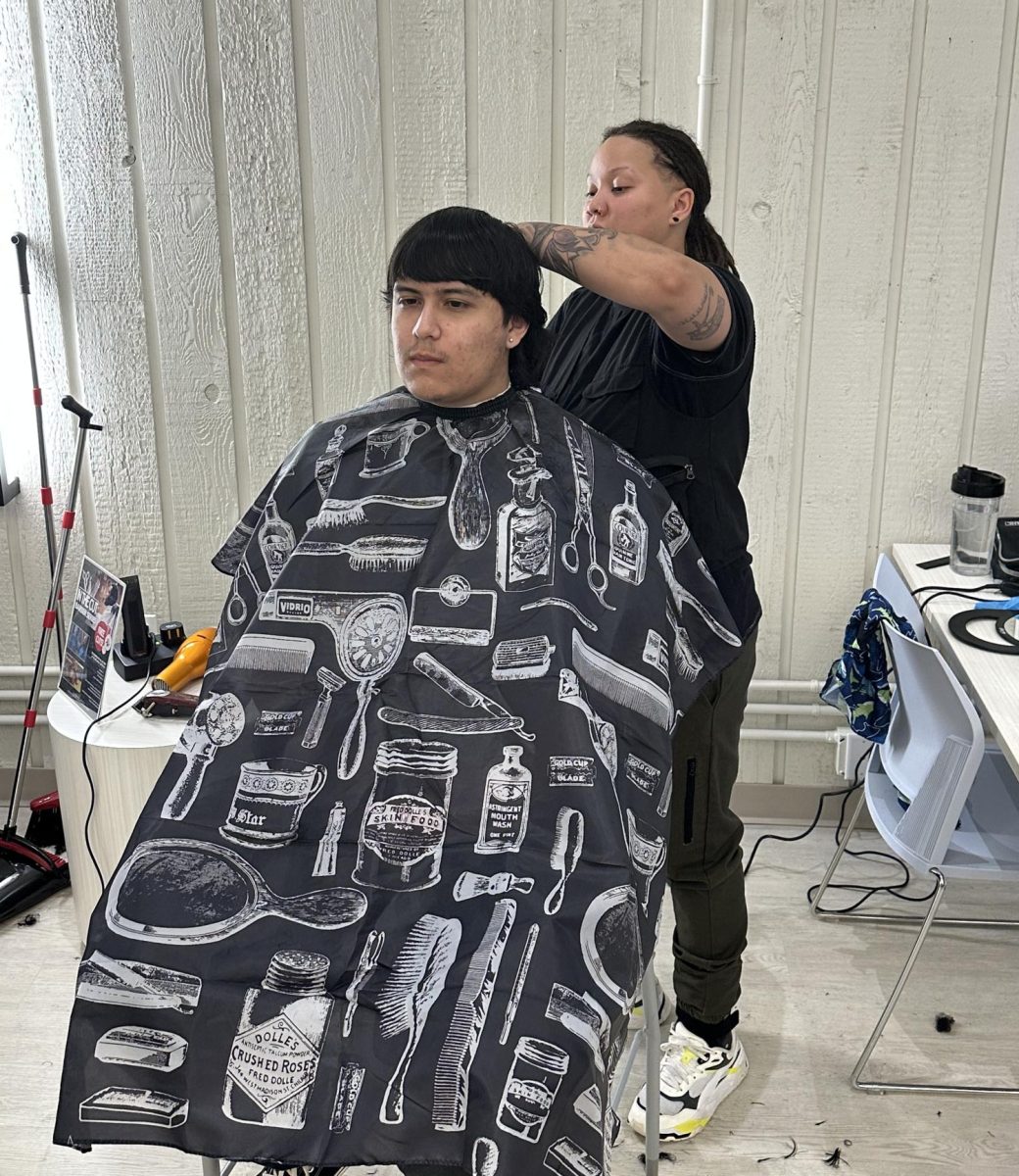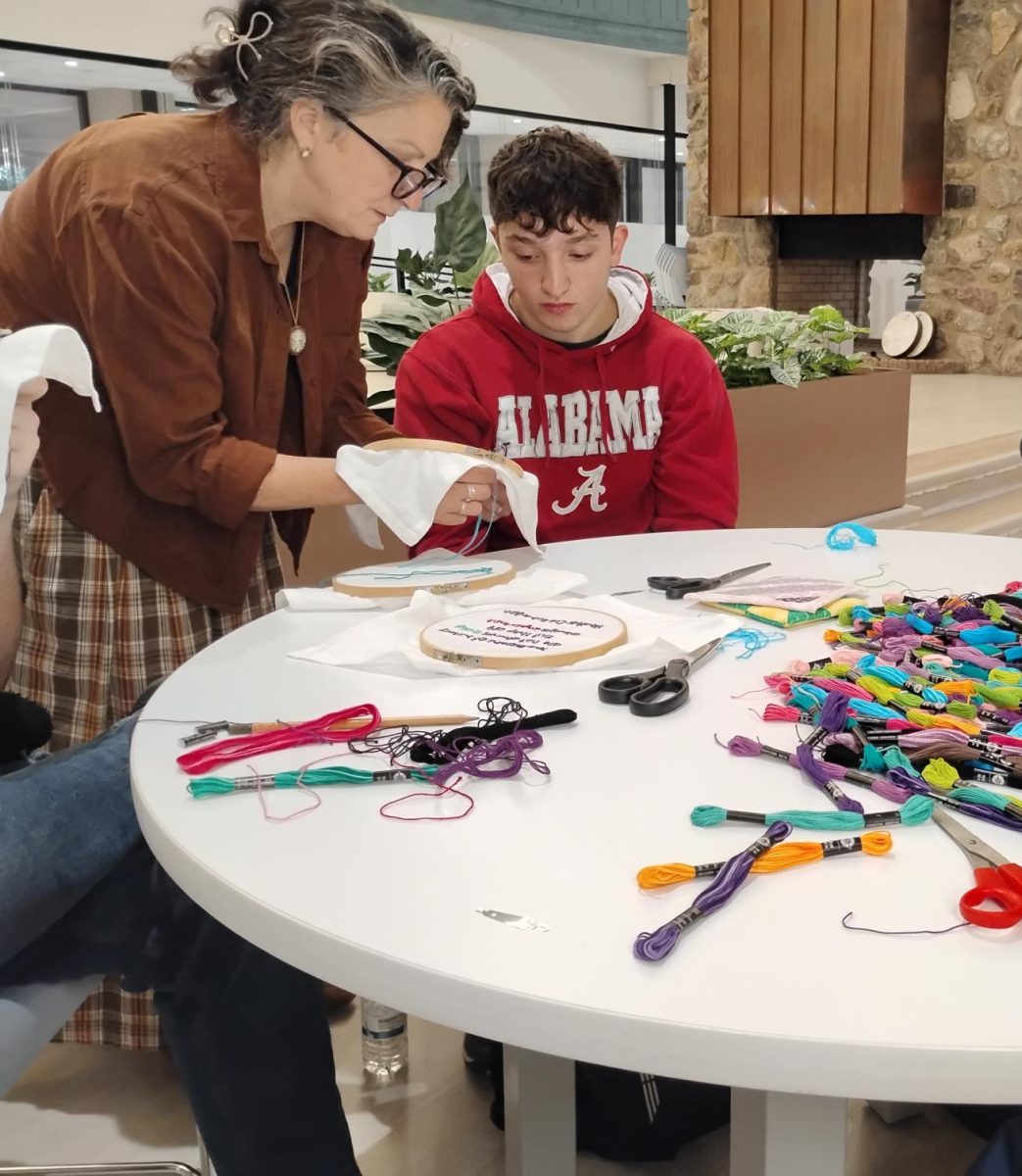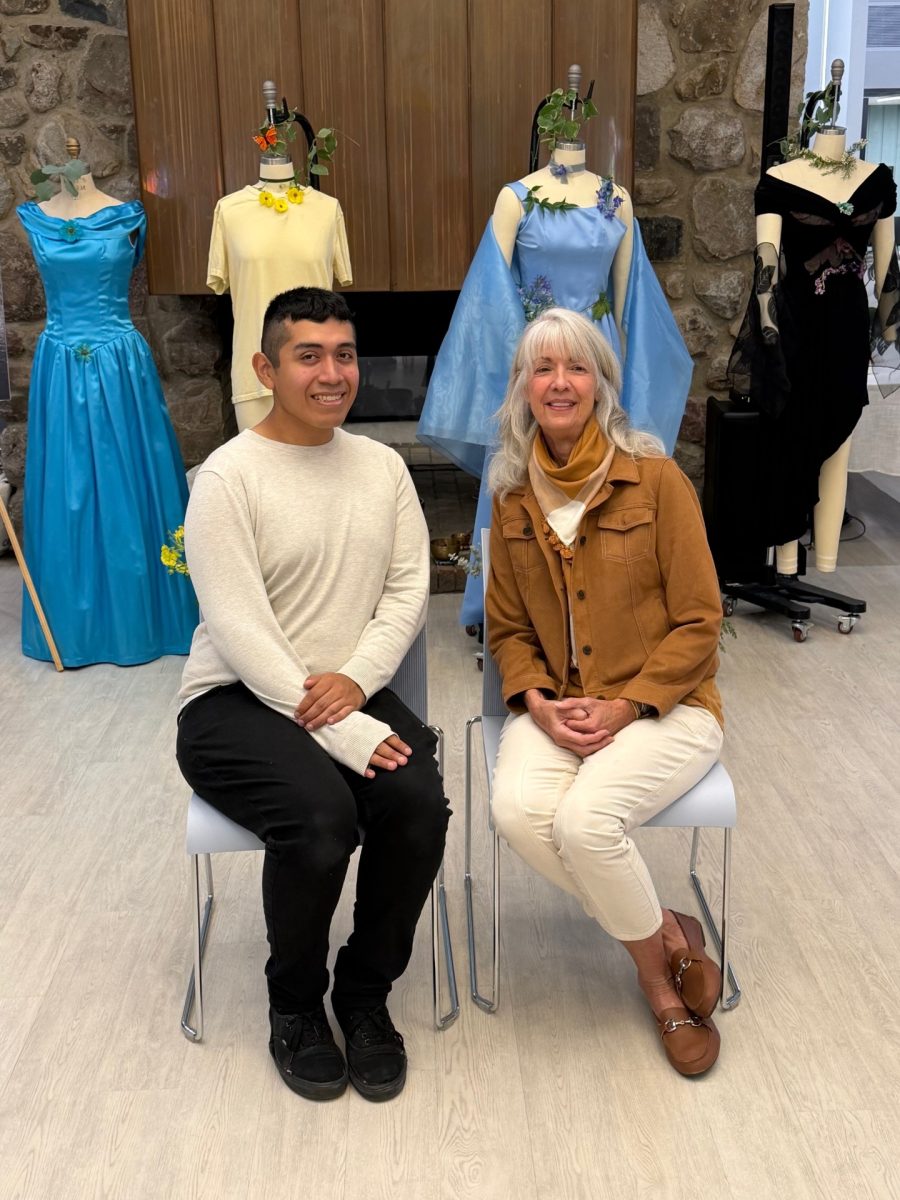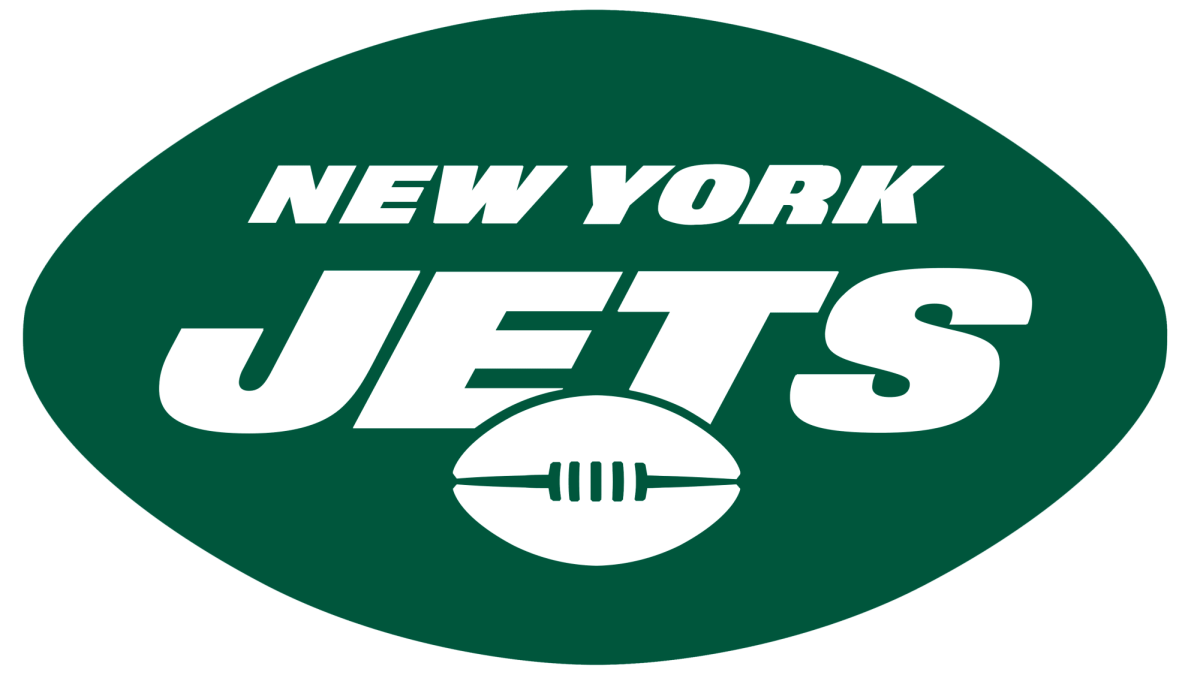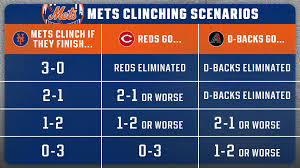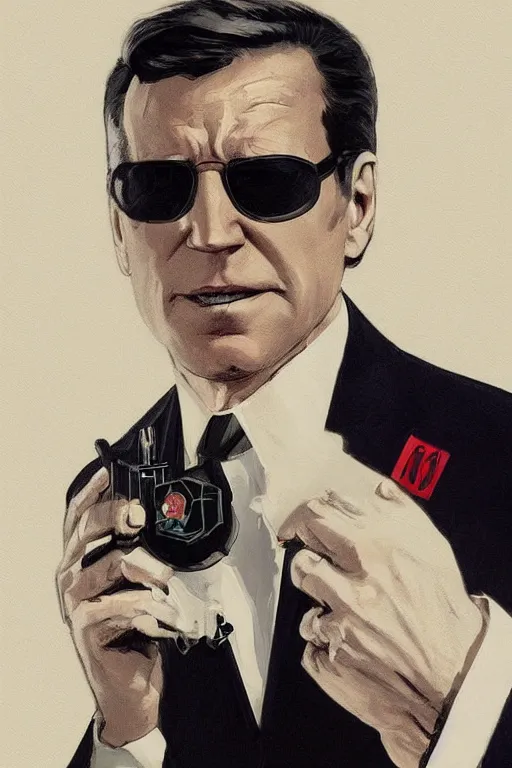The Good, The Bad, And The Ugly Of AI Art
February 12, 2023
A.I. art has seen a rise in popularity as artificial intelligence becomes more capable of building coherent images from their respective databases. Artists have globally expressed discomfort with the idea of A.I. art due to ethical concerns regarding how it is made and how it could exacerbate employment and copyright issues already present in the industry.
Those connected to Brookdale’s art classes expressed mixed feelings about the technology as well as a variety of concerns about their industry’s future.
“It’s an interesting tool, but it shouldn’t be used as a final product,” said 24-year-old Liam Lubitz, an Asbury Park resident and a lab assistant for digital animation at BCC. “It’s good for reference, and it’s good for artists who struggle to envision something on paper and can only really do so in their mind.”
Lubitz, who is currently enrolled in the 3-D animation program at Monmouth University, said, “You can use the references to make your own thing, but in the end, you need to produce the art yourself.”
“It’s complicated…I think most people are worried that it takes artists’ work without their permission to create the images,” said 18-year-old Geneviève L’Heureux, a fine arts major from Aberdeen. “Artists haven’t been treated well since forever, and there a few protections, the fact that corporations can easily step over artists to make this stuff worries me.”
“People are framing A.I. art like it gives everybody the ability to draw, but everyone already had the ability to draw. You just got to practice and hone it if you want to draw well, L’Heureux said. “No one is born naturally skilled with it.”
Several students mentioned its potential for aiding in the mock-up process to make brainstorming and visualization easier on the artist.
“I do think it will negatively impact the industry, but I also think there will be positive outcomes from it,” said Alex Wrapp, 18, a fine arts major from Monroe Township. “I’m a muralist and for mural mockups that won’t be the final product it could be positive, but if you were trying to put it in a gallery, I don’t think that would be appropriate. There was a submission of A.I. art in a campus gallery where the artist only changed a few parts from the base, and it caused problems.”
Some students weren’t concerned about the burgeoning technology at all and didn’t believe it would significantly affect the industry. “I’m not really worried about it because it feels like an art fad. We might see some awful A.I. commercials come out with companies abusing the technology to save money, but I think it really matters more to what you personally feel about the art,” said Rachel Rodriguez, 20, a fine arts major from Atlantic Highlands.
“Art is so subjective and if you feel that you put a lot of effort into your A.I. piece, I can’t say that everyone will accept that, but… I think art is such a large field that this technology won’t be able to make much of a splash given what already exists. Your art is very personal. Every stroke means something to you. I think A.I. can’t replicate that and the results are a bit uncanny,” said Rodriguez.
A.I. technology continues to develop at a rapid pace with many content generation websites becoming popular with college students to generate images shared between each other for entertainment or humor. Large scale integration into the art and entertainment industry has yet to be seen.
The image of “Joe Biden” with a camera-like device was generated from an A.I. image generator given the prompt “journalist”.


